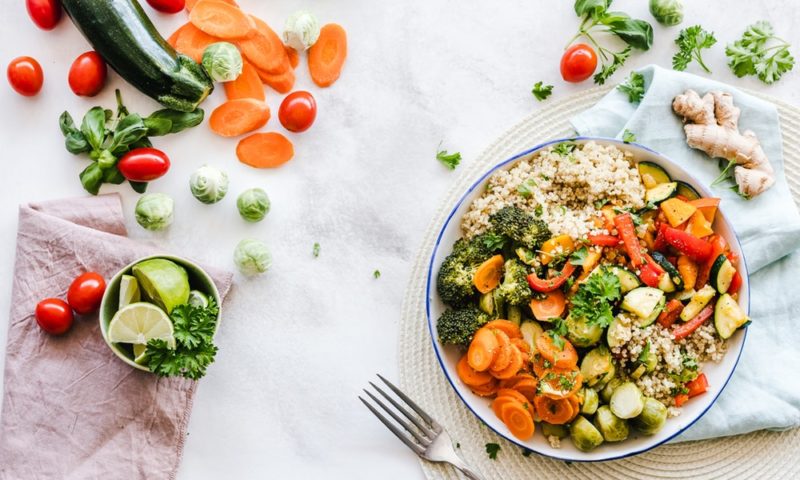Healthy whole foods are a staple in any diet. Packed with nutrition, these colorful foods also support weight management. What’s the catch? Many supermarkets often raise the price of these ticket items, making more people less likely to buy them.
The Healthy Food Paradox
Environmental causes are one of many factors contributing to overweight and obesity. For one, healthy whole foods can be very expensive to buy. But on the other hand, packaged and processed foods are startlingly cheap. It’s a lot easier on your wallet to fill up your grocery cart with foods like crackers, pastries, processed meat, potato chips and canned goods than it is with fruits, vegetables, low-fat dairy, lean meats and whole grains.
Healthy Whole Foods on a Budget
The cards may be stacked against you in some scenarios, but you can still eat healthy whole foods without busting the bank. All it takes is a little strategy and planning.
Shop for Produce that’s in Season
Local produce that’s in season is generally cheaper. Watermelon for example, a summer fruit, is usually more expensive to buy in cooler months. In-season foods are also at their peak, so they’re packed with nutrients. Instead of shopping at major chain stores all the time, try your neighborhood farmers market once in a while for fresh and local options.
Buy Some Foods in Bulk
Buying some foods in bulk can help you cut corners with your wallet. Some healthy staples you can buy in large quantities are brown rice, nuts, dried fruit, beans, lentils and popcorn.
Buy Generic vs Name Brand
All food manufacturers have to follow the same protocol to sell food that’s safe. Oftentimes, there’s barely any difference between a name brand item and a generic one. Generic brands are a lot cheaper. Just be sure to read the nutrition label on whatever you buy.
Go for the Sales and Coupons
Don’t just send mail and online coupons to the trash! Sort through them all and save the ones you think you can use. Store them in a special coupon folder that stays up to date. Then look at websites, apps and ads for information about special sales. Try to buy as many items in bulk as you’re able to while they’re available at a discounted price.
Buy Frozen Fruits and Vegetables
Not all frozen foods are bad for you. A lot is actually tasty and cheap. You can buy frozen broccoli, peppers, peaches, berries, corn, sweet potatoes, peas, cauliflower and more. Check the label to make sure the item doesn’t have added sugars or sauces, though.
Cook Enough to Freeze Leftovers
This is one tip where buying in bulk can come in super handy. When you cook a dish, cook enough for leftovers. Store those leftovers in the freezer so they will last longer and can be heated up one day when you’re low on time.
The Bottom Line
You don’t have to blow your budget to eat well. Planning your meals ahead of time, based around sales and seasons, can save you money. However, the reality is that sometimes, healthy whole foods will cost you more. But isn’t it worth it? Good nutrition can save you money in the long run as you manage your health. You can’t put a price on feeling good.






